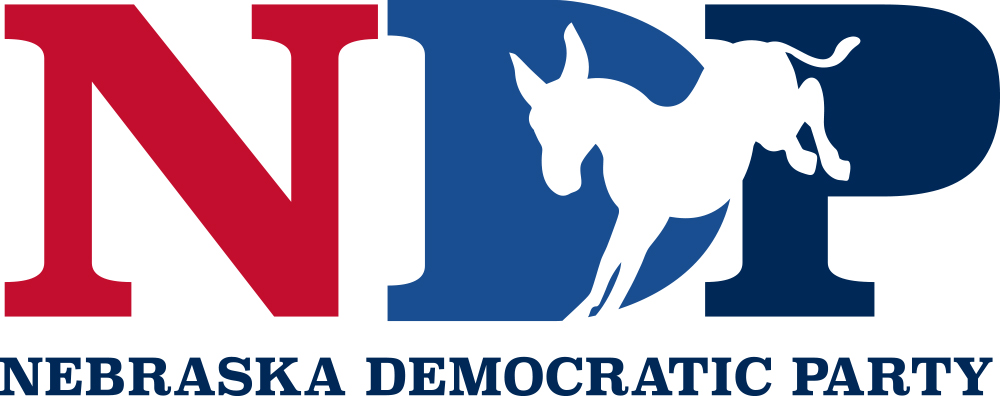One of the tired and false talking points we hear from the GOP is that somehow Hillary Clinton and the Democratic Party are allied with Wall Street. The Republicans are pushing that phony talking point to deflect from their support for the policies that crashed the economy in 2008-09 and their unswerving support for Wall Street. When I ask a Republican on my facebook page what they believe Clinton and the Democrats will do for Wall Street if they should win the election, I can never get a straight answer out of them.
This phony right wing talking point probably originated in the 2008 election cycle when the financial services industry contributed $131 million to the Democrats and $101 million to the Republicans. That probably reflected more than anything the fact that Obama and the Democrats were going to win that election in light of the total failure of the Bush Presidency. As you will see, though, the 2008 election cycle was an outlier in that respect.
Even though Obama raised more money from Wall Street than McCain did, he promised the bankers nothing in return for their support. As a matter of fact in a 2007 speech at the NASDAQ, Obama criticized Wall Street’s risky and unethical business practices as well as called for tighter regulation of the mortgage lending industry and the ratings agencies. In contrast, McCain said that banking deregulation was “helpful to the growth of our economy” even after the collapse of stock market in September 2008.
Once President Obama took office in 2009, he kept his promise to rein in Wall Street and to prevent another economic meltdown caused by the big banks’ recklessness and greed. In 2010, the Dodd Frank Act passed the Congress with the support of Ben Nelson. This was the toughest and most far reaching Wall Street reform legislation since the 1930s. Johanns, Fortenberry, Smith and Terry all voted against the passage of President Obama’s Wall Street reform law.
Contrary to what you hear on Fox News and AM radio, the Wall Street reform bill has actually proven to be an unsung success. Senator Elizabeth Warren – one of the architects of Dodd-Frank – recently said: “President Obama delivered. He signed into law the toughest Wall Street reforms and strongest consumer protections in generations. Trust me – I’m a pretty tough grader. These new rules are making our financial system more transparent, getting rid of a lot of fine print, and making sure that if a bank screws up, you have someone to call so you don’t get stuck with the bill.”
The 2010 Wall Street reform law addresses the “too big to fail” problem by giving regulators the authority to subject the largest banks to extra regulation and to take control of the big banks if there is another financial crisis. This additional authority to actually seize control of the big banks makes another bailout very unlikely. The Dodd Frank law also requires Wall Street to keep more capital, thus reducing the prospect that excessive greed and speculation will lead to to bankruptcy.
This same banking act also created the Consumer Financial Protection Bureau (CFPB). The idea for the CFPB originated with Elizabeth Warren and it has already substantially reduced abusive lending practices by the financial services industry. As Nobel Prize Winning Economist Paul Krugman said: “Better consumer protection means fewer bad loans, and therefore a reduced risk of financial crisis.” Moreover, the CFPB has cracked down on billions in excessive overdraft fees and has secured over $10 billion in relief for consumers since it’s inception in 2011.
Wall Street’s hostility to the Dodd-Frank Act is proof that it is working. Since the passage of this landmark law in 2010, Wall Street has donated substantially more money to Republican candidates for federal offices. This is because just about every Republican is on record as supporting the repeal of Dodd-Frank and the deregulation of the big banks. All four Republican members of Nebraska’s Congressional delegation have voiced their support for deregulating Wall Street.
Beginning in the 2010 cycle, the big banks have gone all in on the Republican Party. In 2010, the financial services industry donated $71 million to the Republicans and $63 million to the Democrats. In 2012, Wall Street upped the ante substantially and gave $170 million to the GOP and $74 million to the Democrats. In the 2014 cycle, Wall Street gave $42 million to the GOP and $23 million to the Democrats. Campaign finance experts have noted that such a drastic switch of support is historically remarkable.
Wall Street’s support for the GOP has continued into the 2016 cycle. As of late 2015, the various Republican Presidential candidates had raised $48 million from Wall Street and Clinton had raised a mere $6 million. The vast difference in donations can be chalked up to the fact that all of the GOP candidates for President wanted to repeal Dodd-Frank while Clinton wants to strengthen it.

